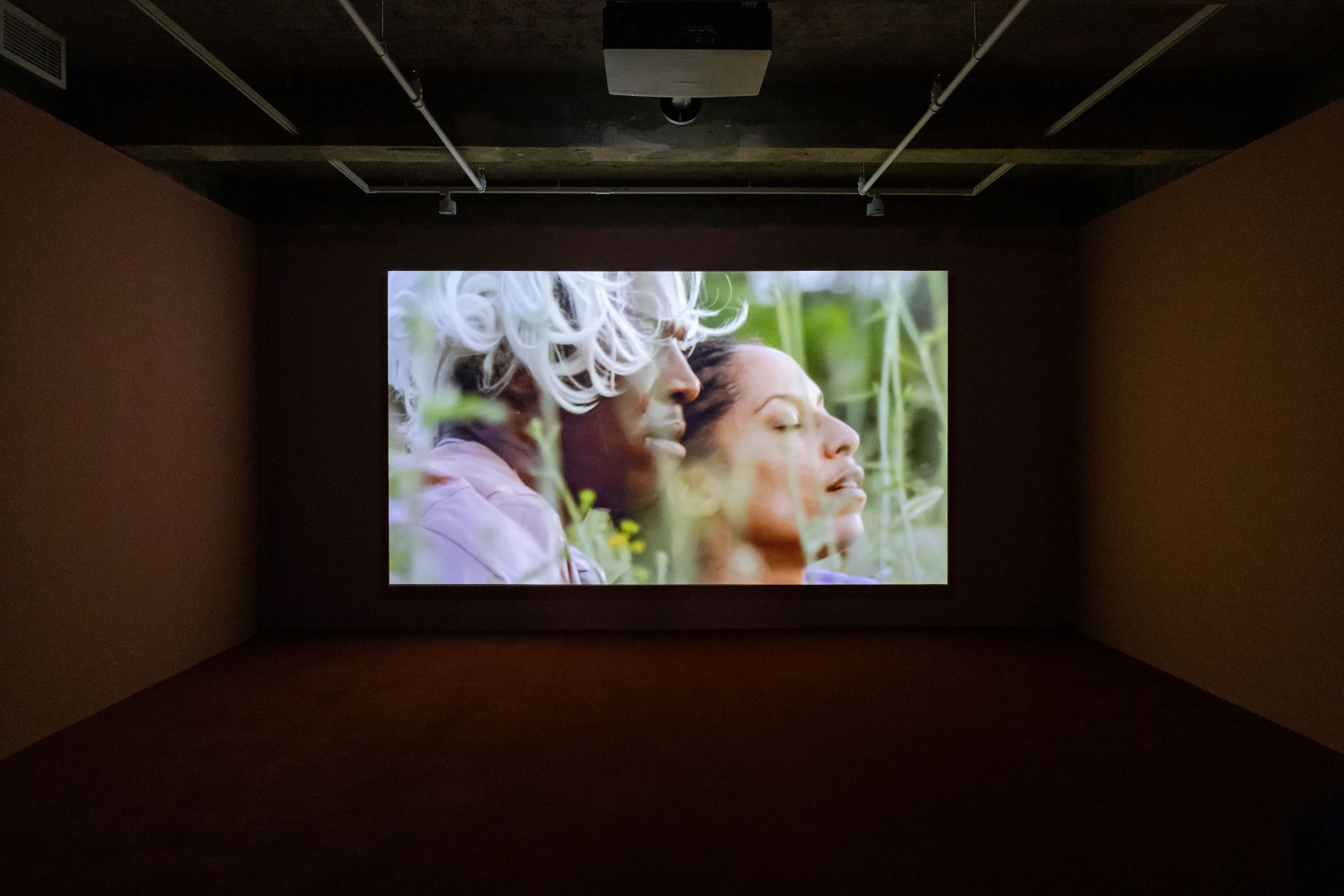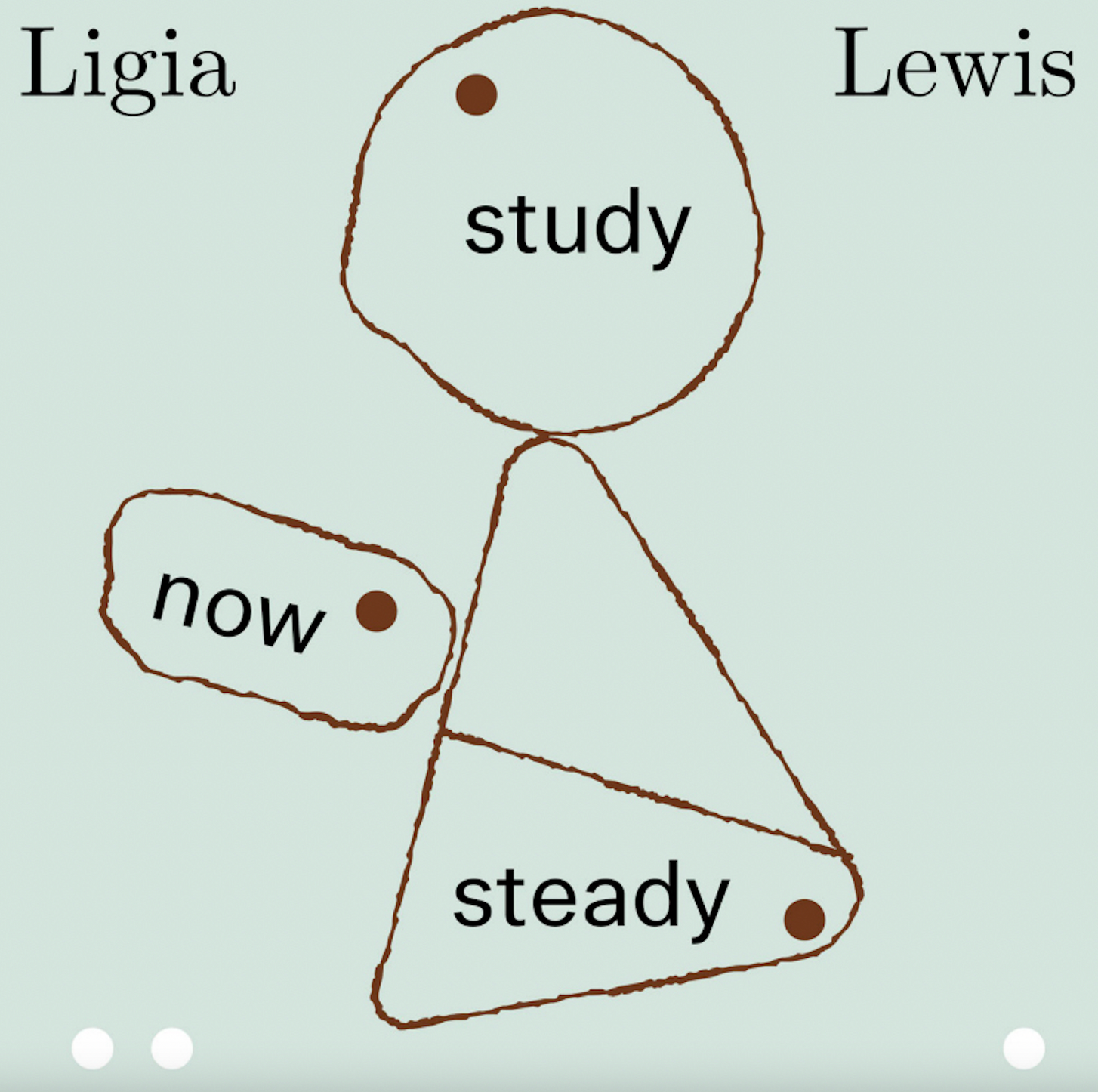
The Stench of the Cry: Listening to A Plot A Scandal
The plot is sex and destruction.
The alchemy of turning wailing into song,
into morning glory, mourning glory
for pedagogy, for survival, for history, for complaint, solace.
I've never felt that the stage was a free place, ever.1
—Ligia Lewis
Black emplotment is a catastrophe for narrative at a meta-level, rather than a crisis, an aporia within a particular narrative.2
— Frank B. Wilderson III
The soil not only gave fruit and profit to whoever exploited it, but also yielded the tools of rebellion: poisonous plants to halt a forced pregnancy or, perhaps, to kill the master and rapist…and zombies to turn against humans.3
— Dixa Ramírez-D’Oleo
She roams the quiet unpopulated street.
(The dictionary says “unpopulated” means “unsettled” or “unoccupied.”)
Perhaps abandoned is more fitting.
We may restrain our enthusiasm about this as roaming,
or mistaking the runaway for a flaneur.
This is not terra nullius.
Empty here is decor.
The bell rings.
Church bell tower—
the erect father marking stops, starts, work, eat, pray, fuck.
Remote control (indirect rule).
Choreographer.
Plots. Orders.
“There is a story, morning glory.”
The plot is sex and destruction.
The alchemy of turning wailing into song,
into morning glory, mourning glory
for pedagogy, for survival, for history, for complaint, solace.
Dishonor is not only recorded through the scream-sublimated-as-song,
it is what remains in the soothing song,
even as the content of the song is not exhausted by it.
Dishonor cannot not be reproduced in the freedom tune.
It has the freedom song by its throat.
...
Yesterday,
Ralph Lemon reminded us how Tarkovsky killed the slaughterhouse horse,
The room was visited by a flood.
Tears and bloodshot cheeks.
Empathy found the horse.
Very dramatic.
“till death do us part,”
declared pleasure to pain.
Monstrous intricacies.
Coital moans of conjoined twins;
joy and horror
danger and play
empathy and obliteration.
“More future!”
“More suture!”
Appealing to the shooter.
Words, gestures; extinguished.
Heard, spoken, sunken.
Screech acts turned to lyric,
unheard,
clogged voice box,
grain without a voice.
“words inscribed to become law,”
The Word, the sword.
Incite war,
Written (-graph),
louder than when spoken.
Calmer than their calamity
harsher than their measured composure
bare-assed authoritarian
entrancing erudition
Skull crack sonata.
Soiled sepia music.
A scream that won’t be heard
is not not there,
not not drowned.
“Disturbance of the plot”
Not a permission request to poetry!
Unreliable
Mutinous
All of it makes a dissonant plot,
More more terrible than aporia.
“1521 1570 1729 1730 1731 1732 1752 1754 1774 1793 1737 1570 1825 1835 1844 1796 1752”
is 1652
1793
is not not 1691,
is not not a beheading and the licking of the skull,
clotting cherry juice
All are 1884 1936
in Berlin
there was a table,
then there was Kurt Joos,
then there was Kreutzberg, and Wigman, and Laban.
There was 1904 too.
Then there was October,
then there was January 5,
when she said,
“Choreography is intrinsically fascist. Yes. Beyond its obsession with order, it exists mostly to dream up and reproduce an ideal moving image of oneself,
through others, in perfect form—whole.
To avoid (every)one’s essential disintegration—hole.”
...
“Do you have papers for the property?”
The white Dominatrix asked the woman as if she was a little girl.
So did the greasy-palmed, oiled, pastor
paid piper of the Master plot
of “The Blood” and seduction,
pussy and land grab.
The pastoral too has a “nervous rhythm.”
Under the tree;
ginger
wig
lacy gloves
butter and chains
ivory claws
latex and Brut and leather and cheese
fresh bread stinky breath rotting meat
cucumber sandwiches
insufferable company
fresh bitter plum jam
gunpowder up the nose
pigeon shooting
chrysanthemum picnic
sugar cubes
Proper tea.
Hectares for Rum,
Rum or gunshot wound.
This isn’t a choice.
1 Ligia Lewis, “Unfinished Work: Ligia Lewis in Conversation with Manuela Moscoso,” Center for Art, Research and Alliance, February 15, 2024, https://www.cara-nyc.org/research/unfinished-work.
2 Frank B. Wilderson III, “Social Death and Narrative Aporia in 12 Years a Slave,” Black Camera 7, no. 1 (Fall 2015): 136.
3 Dixa Ramírez-D’Oleo, “The Hills Are Alive: ‘Pet Sematary’ and the Horror of Indigenous Sovereignty and Black Freedom,” Los Angeles Review of Books, May 17, 2019, https://lareviewofbooks.org/article/the-hills-are-alive-pet-sematary-and-the-horror-of-indigenous-sovereignty-and-black-freedom/.
Mlondi Zondi is a writer from South Africa based in Los Angeles.
